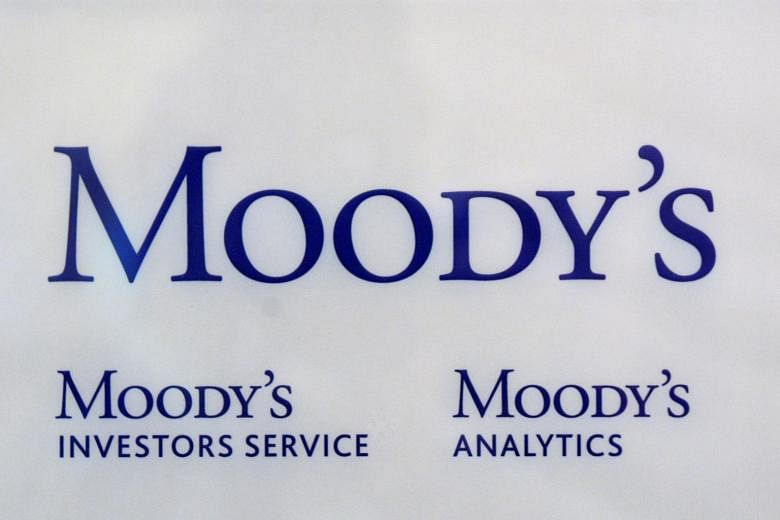SINGAPORE - Ratings agency Moody's Investors Service said in a report the proposed final Basel III rules are "credit positive for Singapore banks" as they would maintain their "very strong capital ratios".
Basel III is an internationally agreed set of measures developed by the Basel Committee on Banking Supervision; and was formed in response to the financial crisis of 2007 to 2009.
The move comes one week after the Monetary Authority of Singapore (MAS) published a consultation paper on proposed implementation of the final Basel III reforms in Singapore. This included the introduction of risk-weighted assets (RWA) output floors over 2022 to 2027.
RWAs are usually used to determine the minimum capital needed by banks and other institutions to reduce insolvency risk. With output floors, excessive variability of RWAs will be reduced, while the comparability of RWA ratios will be enhanced by ensuring a bank's capital requirements do not fall below a certain standardised mark, MAS said in the consultation paper.
Eugene Tarzimanov, a Moody's vice-president and senior credit officer, said a small rise in RWAs among Singapore banks for exposures via the internal ratings based approach (IRB) is expected, due to output floors for low-risk assets such as mortgages.
The IRB approach allows banks to use their own estimated risk parameters to calculate regulatory capital or how capital is deployed.
"However, the increase in RWAs will be balanced by RWA savings for some other portfolios and risks, and will be spread over a long period of time, giving the banks time to adjust," he said in a press statement on Tuesday.
Among the three Singapore banks - DBS, OCBC and UOB - no significant deterioration of their strong capital ratios is expected.
According to Moody's, DBS could experience the largest increase in mortgage RWAs as its current mortgage RWA density is the lowest at 6 per cent.
"But the ultimate effect on overall RWAs might be less severe because mortgages under IRB form a comparatively smaller part of its total exposure at default," the statement added.
In light of the new rules, Moody's said that DBS has guided that its overall RWAs will "remain flat", while OCBC and UOB did not disclose the impact. It added that it expects only a "very small increase" in RWA for these banks, if any.

